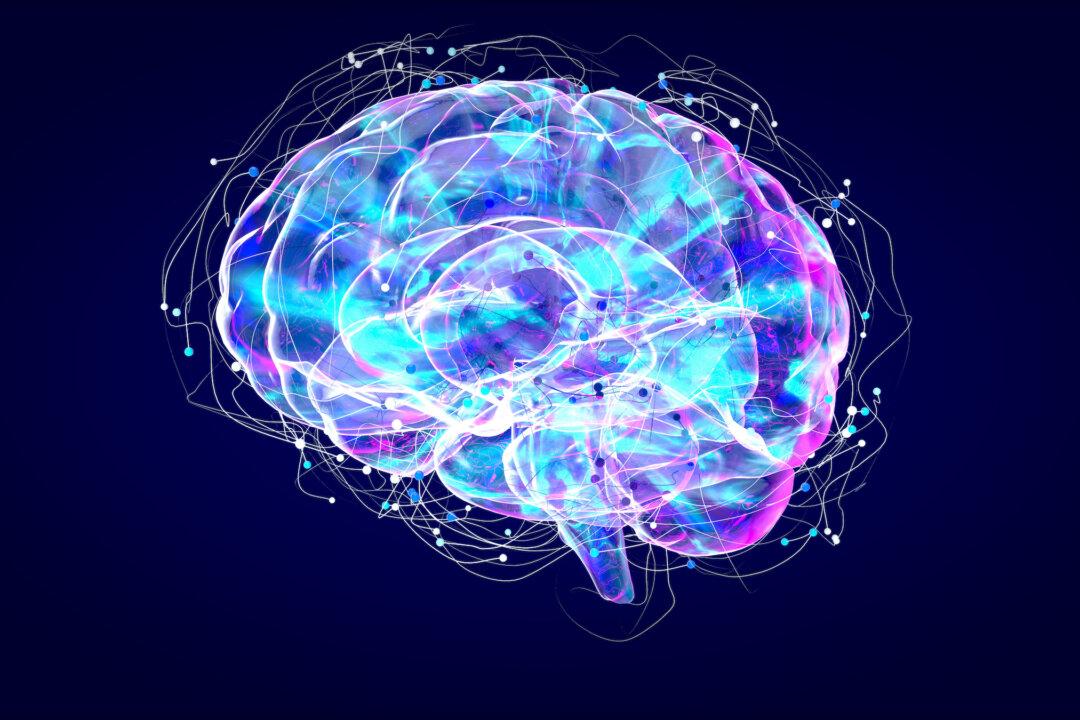The exotic spice saffron, long-honored and known for being the most expensive spice in the world because of the labor involved in harvesting it, also is known for more. Saffron has potent powers for supporting and promoting brain health and boosting mood.
What Is Saffron?
Saffron is harvested by hand from the saffron crocus or Crocus sativus flower. The term “saffron” refers to the thread-like structures, or stigmas, of the flowers. Harvesting these threads is challenging, which is why one pound of saffron can cost between $500 and $5,000.
This spice is a rich source of various antioxidants, including crocetin, crocin, kaempferol, and safranal. These compounds have been credited with a number of health benefits, especially those affecting emotional health and cognitive function. That’s why the nickname “sunshine spice” has been given to saffron—because using it can brighten your spirits.





